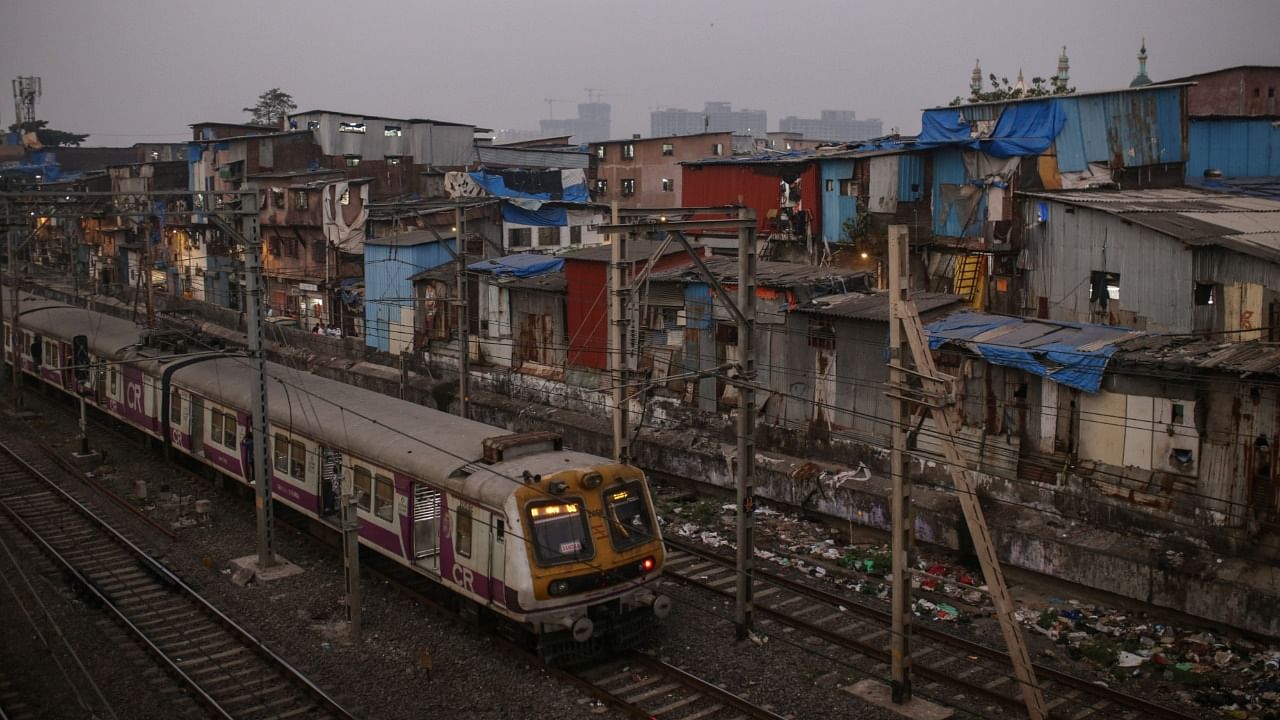
By Archana Chaudhary
India’s richest have more than doubled their fortunes during the Covid-19 crisis that’s ravaged the country and worsened poverty, and the government should revisit its policies to redistribute wealth, according to the global Oxfam Davos report of 2022.
The nation added 40 billionaires to 142 last year, when a second wave of infections overwhelmed its health infrastructure and pushed crematoriums and burial grounds to breaking point. They have almost $720 billion in combined fortune, more than the poorest 40 per cent of the population, the group said in a report on rising inequality published Monday.
Wealth has surged globally during the pandemic as the value of everything from stock prices to crypto and commodities has jumped. The world’s 500 richest people added more than $1 trillion to their net worths last year, according to the Bloomberg Billionaires Index. India, where urban unemployment climbed as high as 15 per cent last May and food insecurity worsened, now counts more billionaires than France, Sweden and Switzerland combined, Oxfam said.
State policies including the abolition of a wealth tax in 2016, steep cuts in corporate levies and an increase in indirect taxation are among the factors that helped make the rich richer, while the national minimum wage has remained at Rs 178 ($2.4) a day since 2020, the India supplement of the global report said. Reduced federal funding to local administrations amid growing privatisations in the health and education sectors have further boosted inequalities. The nation is home to a quarter of the world’s undernourished people, Oxfam said, citing the World Food Programme.
“Unfortunately, not only has the taxation policy of the Indian government been pro-rich, it has also deprived India’s States of important fiscal resources -- both particularly damaging in the context of the Covid-19 crisis,” the report said.
Oxfam is recommending the government imposes a 1 per cent surcharge on the richest 10 per cent of the population to invest in health and education. It notes that the fortune of India’s 10 wealthiest billionaires would be enough to fund the school and higher education of the nation’s children for more than 25 years.
With 84 per cent of the households suffering a decline in income at the start of the pandemic, India is in line with sub-Saharan Africa accounting for the highest increase in poverty. In 2020, the number of poor in the south Asian nation doubled to 134 million, more than a Pew research had estimated, Oxfam said. Daily wage workers, the self-employed and the unemployed committed the most suicides, it added, citing official crime data.
The report also highlighted that the leaked Pandora Papers -- a collection of 11.9 million documents detailing 29,000 offshore companies and private trusts globally created for tax evasion -- found that more than 380 Indians had 200 billion rupees worth of undeclared foreign and domestic assets.
Gautam Adani had India’s largest wealth surge last year and the fifth biggest in the world, according to the Bloomberg Billionaires Index. He added $42.7 billion to his fortune, which now stands at almost $90 billion. Mukesh Ambani’s net worth climbed by $13.3 billion in 2021, and he’s now valued at $97 billion.
Watch the latest DH Videos here: